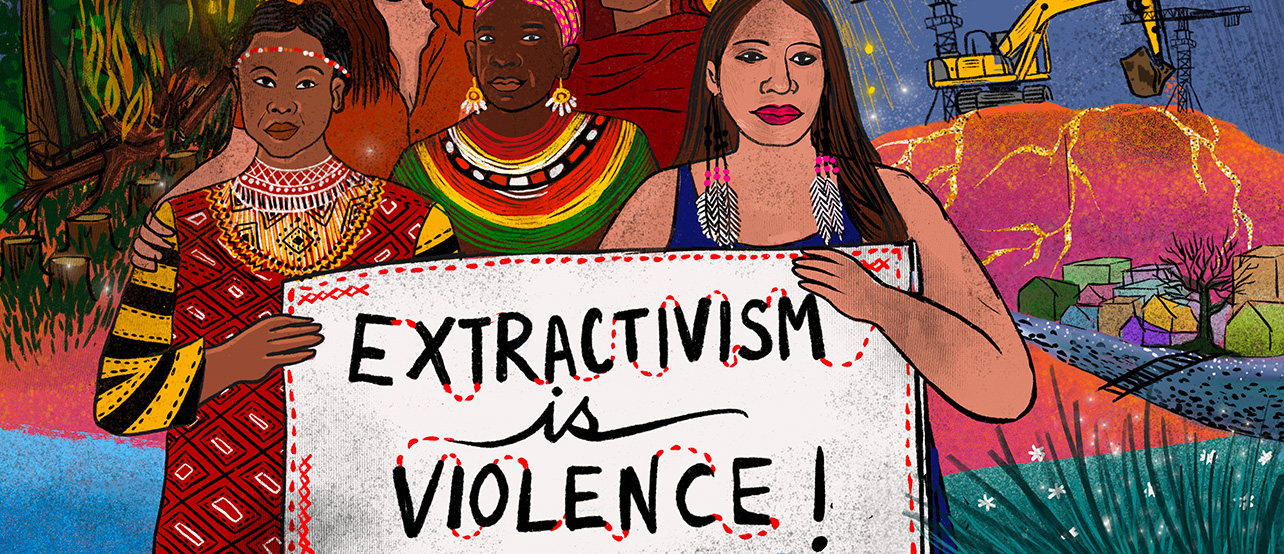Over the past three years, local activists and international groups supporting them have invested considerable effort in addressing ‘the closing space for civil society’ and protecting human rights defenders (HRDs) and their organizations and movements. And yet, HRDs continue to face enormous risks from escalating backlash. There is a collective sense among all those working on human rights protection, development, and the environment—activists, researchers, donors and local, regional and international organizations—that our current approaches to protection are inadequate. JASS, in collaboration with the Fund for Global Human Rights, have identified the urgent need to question the assumptions guiding activist safety and the defense of civic space, develop a deeper and shared understanding of the causes and actors at the root of the problem, and build effective joint solutions.
From November 15 to 17, 2017, JASS and the Fund for Global Human Rights (FGHR) brought together a mix of civil society actors in Johannesburg, South Africa – activists, international NGOs, and donors from around the world – in a learning exchange to deepen our collective understanding of current power dynamics and critically assess and rethink strategies to protect and promote the civic space necessary for movements, civil society, and HRDs. The gathering, Defending Rights in Hostile Contexts: Understanding and Confronting the Crackdown against Activists and Civic Space, was designed to ensure that strategies are shaped by the analysis, aims, and approaches of grassroots activists, those most deeply affected by increased restrictions and violence.
Here, we have collected the documents that guided the convening and shaped our conversations:
POWER, VIOLENCE, AND CIVIC SPACE
In order to understand and respond to the crackdown against activists and civic space, it’s important to understand power and violence. Both power and violence are always changing and take direct and indirect, visible and invisible forms in both public and private arenas. Read more about JASS’ framework.
COLLECTIVE PROTECTION
Whenever a human rights defender is attacked, his or her entire community is affected. If violence has a collective impact, then responses should be collective as well. This paper begins to explore what community and collective strategies for protection look like, demonstrating how communities in resistance draw from their practices, rituals, and values to create safety in the face of violence and threats.
CIVIC SPACE, ENABLING ENVIRONMENT, AND HUMAN RIGHTS DEFENDERS
This paper provides helpful definitions for key terms surrounding the closing space for civil society as well as poses key questions left to explore.
THE POWER OF PUBLIC NARRATIVES
Narratives help us make sense of the world – So why wouldn’t they be important to how human rights defenders and their opposition operate? Read this document for an understanding of how public narratives have been weaponized against activists to silence dissent, and what we can do to change them.
MAKING CHANGE HAPPEN 6: RETHINKING PROTECTION, POWER, AND MOVEMENTS (2017)
Rethinking Protection, Power, and Movements is a vital contribution to the emerging conversation about the shifting dynamics of power and protection. This report brings a feminist and social movement perspective to the urgent question of why—despite advances in legal and institutional protections for women human rights defenders—women activists and their organizations are more at risk than ever. We hope this publication sparks further discussion and collective reflection on these important questions.
STATE OF CIVIL SOCIETY REPORT, CIVICUS (2017)
Each year the CIVICUS State of Civil Society Report examines the major events thatinvolve and affect civil society around the world. Part one of the report reviews the past year, focusing on the space for civil society and the impact of a resurgence of right-wing populist politics; the right to express dissent; protest movements; and civil society’s international-level actions. Part two of the report has the special theme of civil society and the private sector.
INITIAL REFLECTIONS AND QUESTIONS: SECURITY AND PROTECTION OF HRDS IN FACE OF NSAS (2017)
Initial lessons and reflections from the first collaboration between JASS and the Fund for Global Human rights in Mexico City, with a diverse group of donors, organizations, and community activists from across Mesoamerica to explore the role of non-state actors in the protection of human rights defenders.
POWER, VIOLENCE, CITIZENSHIP AND AGENCY: A COLOMBIAN CASE STUDY (2017)
In a situation of longstanding and complex violent conflict in Buenaventura, Colombia, the Institute for Development Studies uses action research to explore with social activists what power, violence, citizenship and agency mean to them and how they experience and exercise citizen agency in relation to the violence.
DEFENDING RIGHTS IN HOSTILE CONTEXTS – INITIAL REFLECTIONS
Read the initial reflections from the Defending Rights in Hostile Contexts convening, which include not only takeaways and summaries of discussions, but critically-important quotes from the activists, funders, and organizers who attended the convening and shaped our processes.





























